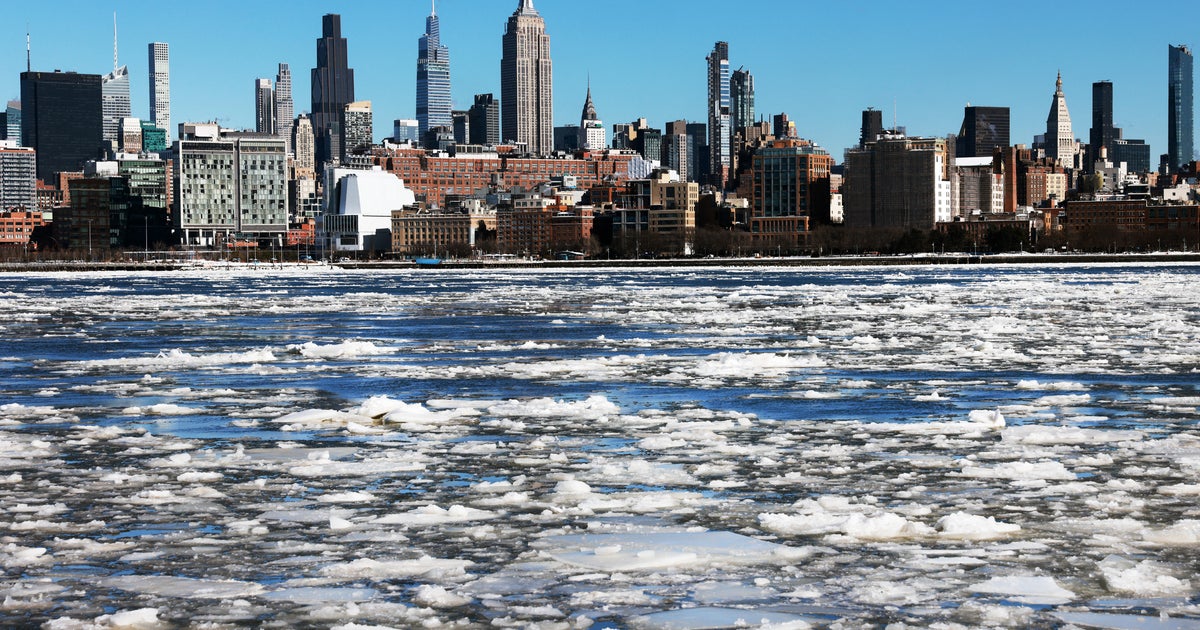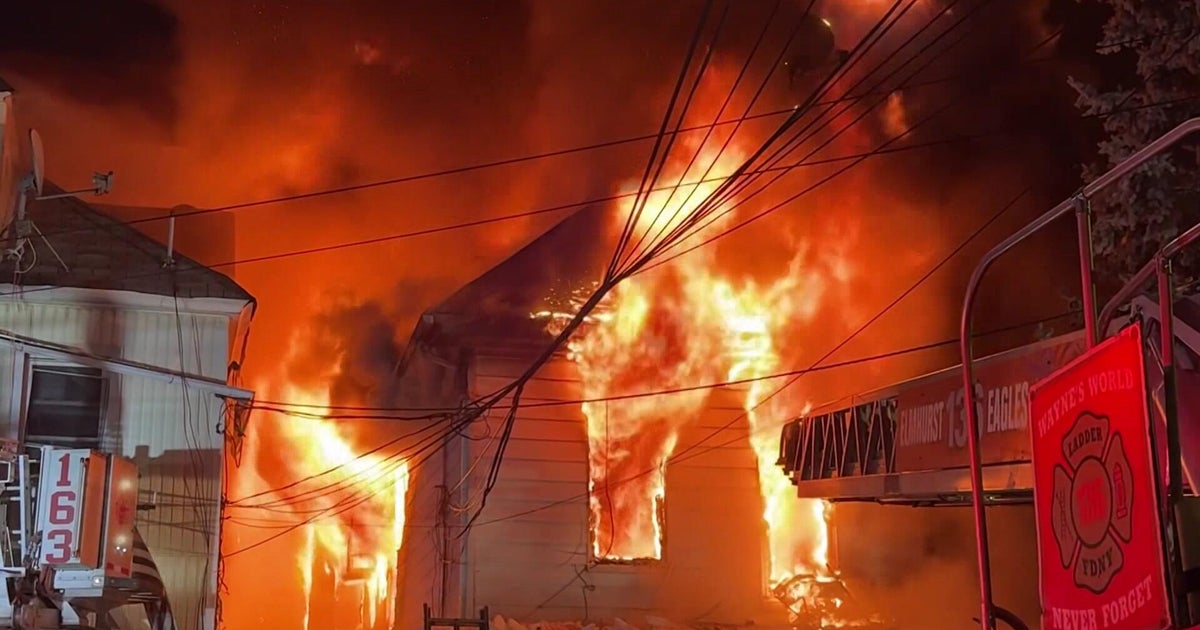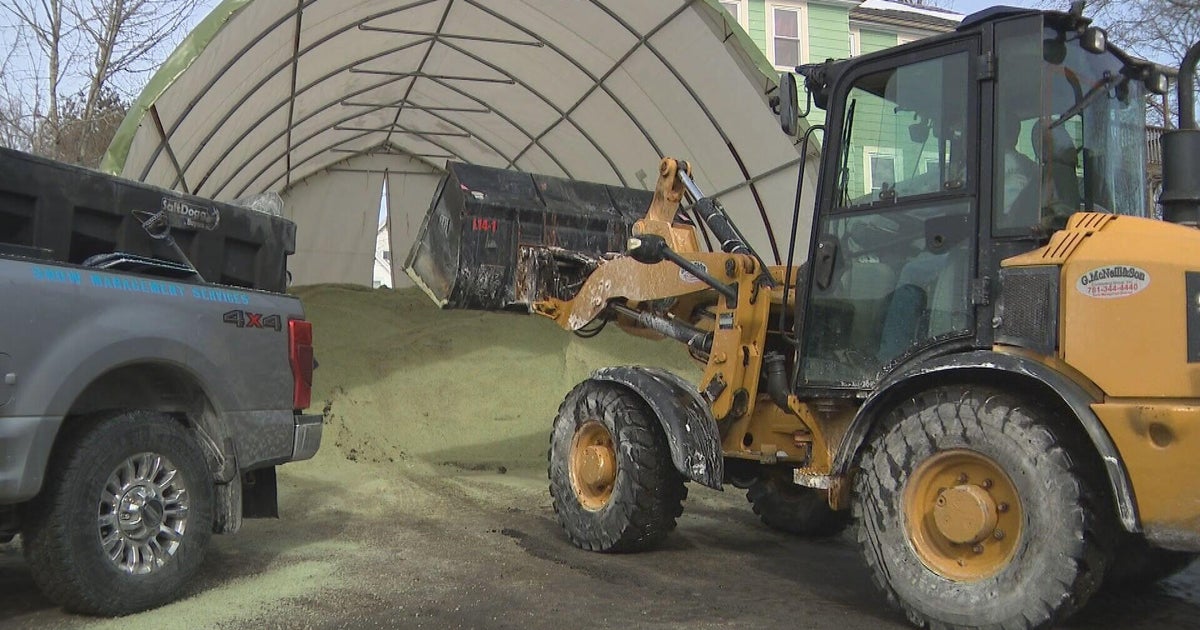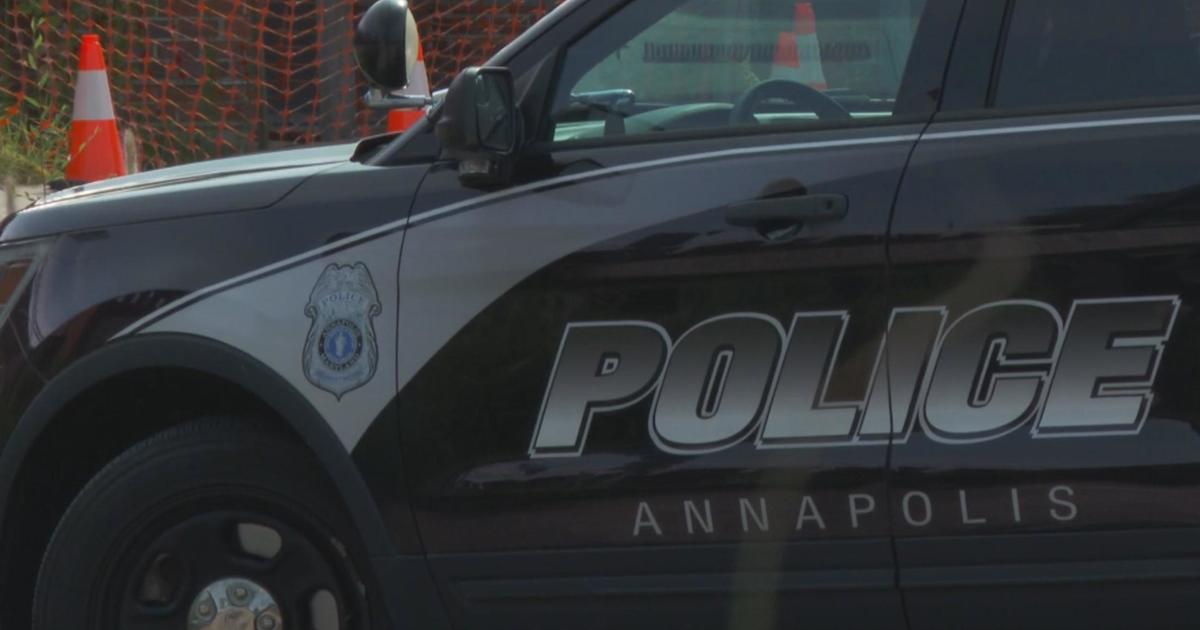Max Minute: Busting Common COVID-19 Myths About Deep Cleaning And Transmission To And From Children
NEW YORK (CBSNewYork) - There is no doubt a lot to consider before deciding whether or not to open schools this fall, and there are a lot of misconceptions about keeping everyone safe.
CBS2's Dr. Max Gomez is dispelling those COVID-19 myths.
We've learned a lot - not everything, but a lot - about the coronavirus in the past six months. Many things we thought were true in the beginning we no know aren't, and some popular things we've believed do not reduce our chance of contracting COVID-19. Specifically, is deep cleaning of schools and subways really effective? And can young children spread the virus when they come home from school? Here's the deal.
CORONAVIRUS PANDEMIC
- What To Do If Someone Isn't Social Distancing Or Wearing A Mask?
- Expert: Parents Be Mindful Of Children's Stress After Months Of Isolation
- CBS2's Dr. Max Answers Your Health Questions
- Chopper 2 Over Empty NYC Streets, Landmarks
- Resources, Hotlines, Unemployment & Covering Bills
- Remote Learning Tools For Parents Teaching At Home
- How To Safely Remove Disposable Gloves
- How Make Your Own Face Covering
- Complete Coronavirus Coverage
From the start, children were thought to be relatively immune to the coronavirus. That's not true. there have been thousands of cases of COVID-19 in children, and while they generally do not get as sick as adults, there have been a number of pedatric COVID deaths.
Then there's the belief that even if children catch the coronavirus, they can't spread it to as adults. This may be partly true. A new study from South Korea found that kids under age 10 transmitted the virus less often to adults, but children ages 10-19 spread the virus just as well as adults.
In fact, in Israel, the new daily cases rose from just 50 two months before schools reopened to more than 1,500 a day now that schools are open.
But perhaps the biggest myth is that so-called deep cleaning of school and mass transit surfaces reduces corona transmission. Rutgers New Jersey Medical School professor Dr. Emanuel Goldstein is quoted in the Atlantic Monthly as saying that "surface transmission is justified at all by the science."
CORONAVIRUS: NY Health Dept. | NY Call 1-(888)-364-3065 | NYC Health Dept. | NYC Call 311, Text COVID to 692692 | NJ COVID-19 Info Hub | NJ Call 1-(800)-222-1222 or 211, Text NJCOVID to 898211 | CT Health Dept. | CT Call 211 | Centers for Disease Control and Prevention
Studies that showed the virus living for hours or days on metal and paper bags used very high concentrations of virus under controlled laboratory conditions. In the real world, not only is coronavirus highly unlikely to survive for long, an infected person would have to cough on their hand, touch something, and almost immediately you would have to come along, touch that same spot, and then rub your eyes, nose or mouth.
Translation: Disinfecting surfaces, other than in hospitals, of course, has virtually no effect on COVID-19 transmission. In fact, in Japan's notoriously overcrowded subways, ridership is back to normal, with virutally no increase in cases traced to mass transit.
The botoom line is that spending billions of dollars on cleaning rituals that make us feel safer in reality do very little to prevent COVID-19 spread, and diverts scarce resources away from already strapped schools and public transit systems.
Experts say don't let your guard down. Focus on masks, social distancing including in schools, and to the extent possible, move activities outdoors. We know that works.
For the top questions people have been asking about the coronavirus, visit cbsnewyork.com/max, and go to facebook.com/cbsnewyork to submit your question.







